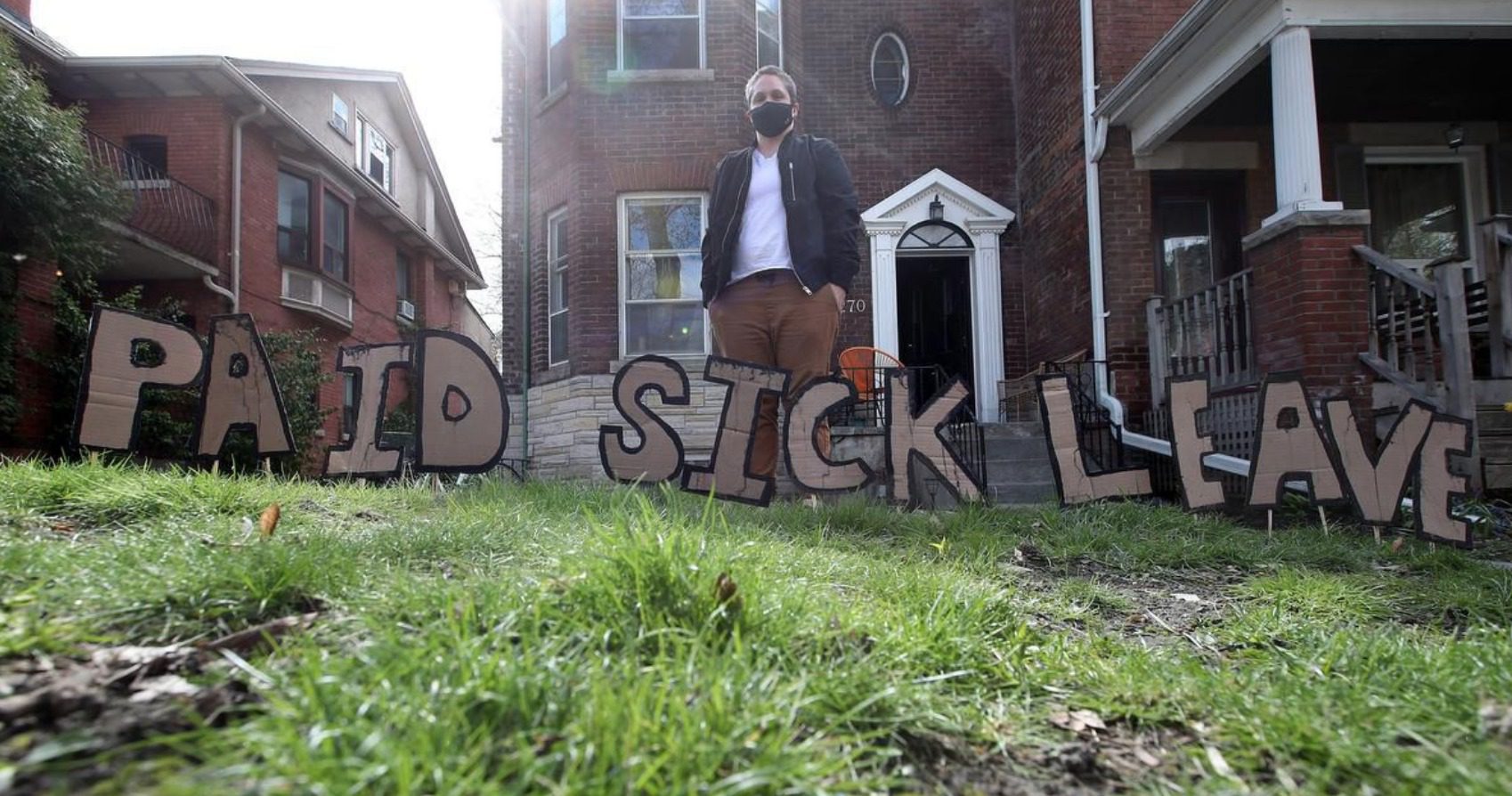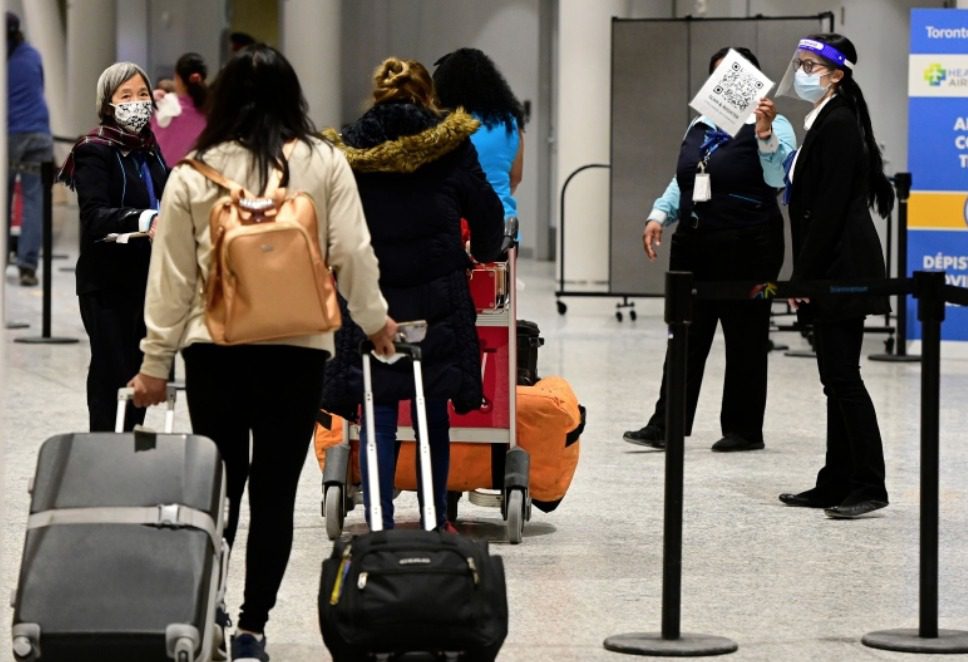I'll confess I am at a loss about the mishigas occurring with paid-sick leave in this country.
The federal government unveiled a "Canada Response Sickness Benefit" that works as income replacement if someone has to be off sick. In and of itself, that is not paid-sick leave in the traditional sense of the term. The provinces have complained that the programme is complicated, backdated and… not paid-sick leave in the traditional sense of the term.
Despite these protestations, here in Ontario the government of Premier Doug Ford has repeatedly voted against Opposition bills and motions to establish paid-sick leave by amending the labour laws. Strangely, in the discussion as it stands, the actual reform to labour laws is left out, with the discussion entirely about the funding of a paid-sick leave programme as no elected official to this columnist's knowledge is claiming that pandemic paid-sick leave should be paid by the employer.
Paid-sick leave is a two-part process in this pandemic: first, change the labour laws; second, create the funding to take the bill off the backs of the employer. It's only complicated if one refuses to engage with A and goes straight to B.
Throughout the past few years, I've joined the Arlene Bynon Show on Sirius XM Tuesday mornings. I've joked that during the pandemic, it's like a group-therapy session with my co-panellist, eminently reasonable Tory Jamie Ellerton. This week, Arlene asked if part of the concern about paid-sick leave is the fact that, like Obamacare, once it is given, it is hard to take away.
To that astute question I answered that, well, that does seem to be the plan with employee-wage subsidies already. There are those fighting to ensure that the CERB programme remains in place, and is transmogrified into a basic income. But, as a basic principle, the federal government has made clear that there are emergency-response measures that will wind down with the emergency.
To that end, the governments of this country could make clear from the get-go that paid-sick leave will be ten days during the pandemic, but perhaps could be wound down to a smaller number, such as five, or they could leave the number of days the same, but remove the funding so that post-pandemic, this would be a new employee benefit paid by employers. There are various ways to address this concern.
My greatest frustration right now is how various proposed measures are being dismissed as ineffective in and of themselves as if we are introducing measures in isolation! Our public-health responses are like a sieve layered onto a sieve layered onto another sieve; no one measure will save the day, but taken together, we get to a high level of protection.
So, yes, that means we need paid-sick leave so essential workers can stay home if they are unwell. It means closing down businesses where there have been more than five reported cases, as Peel Region in Ontario has done. It also means closing the border entirely to all non-essential travel. It means deploying vaccinations equitably, which in our present case means surging them to hot zones and targeting them for essential workers.
Explaining why things are difficult or complex is political hot air, not a reasonable excuse to avoid doing anything.
And to the pedantic twits who think they're being smart by pointing out jurisdictional challenges put a lid on it. Our federation requires flexibility to work in times of crisis, and collaboration between levels of government is not a vice. You may feel smug and self-satisfied to show that you've read the constitution (or, more accurately in all likelihood, its Wikipedia entry) but any lawyer will tell you that the law is a living body, not an ossified statue to worship the gods of stasis or rigidity.
Over a year into this pandemic, Canadians know that there are no single silver bullets, even vaccines. What we want instead is competent government that layers sensible measures together to keep us safe, and works collaboratively to do so. And, like anything in politics, we cannot let the perfect be the enemy of the good, but likewise we cannot be satisfied with measures that show their flaws.
Photo Credit: Toronto Star








